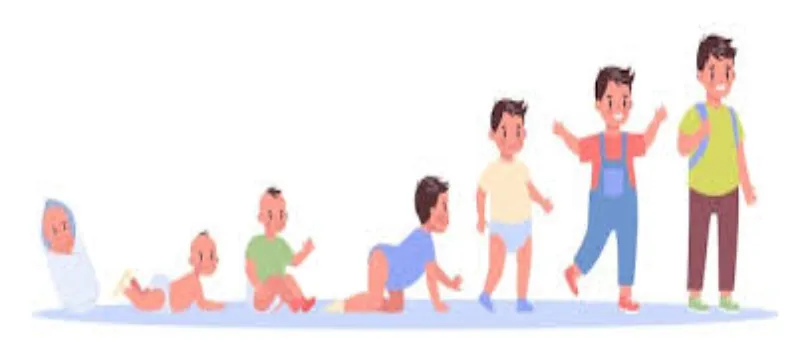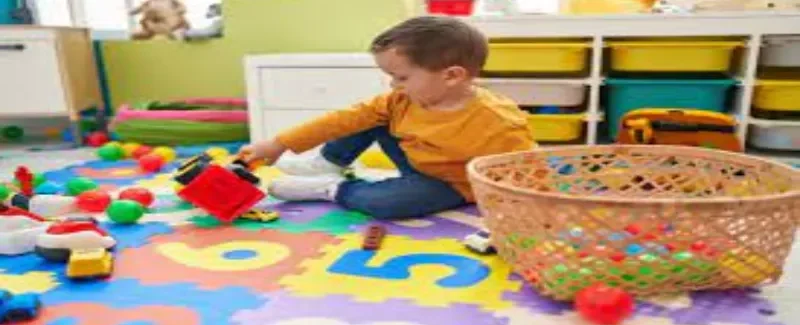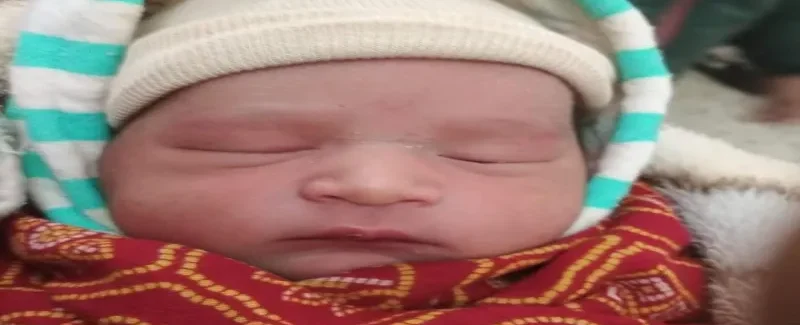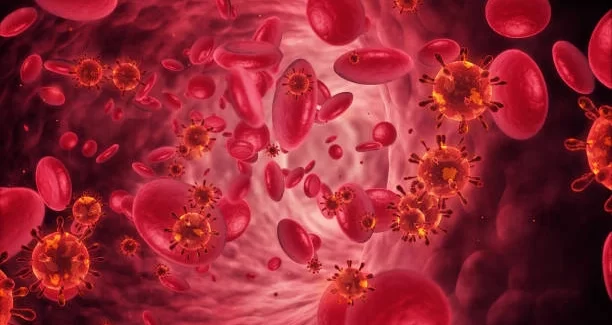What are the different stages of baby development?

Posted Date: April 26th, 2023
Baby Development:
Baby development refers to the physical, cognitive, social, and emotional changes that occur in an infant from birth through the first year of life. During this time, babies undergo significant growth and development as they learn to interact with their environment, communicate with others, and develop new skills and abilities.
Physical development includes changes in a baby’s body size, shape, and functioning. This includes growth in height and weight, improvements in motor skills, and the development of fine and gross motor skills.
Cognitive development refers to changes in a baby’s thinking and reasoning abilities. This includes memory, attention, problem-solving, and language skills.
Social development refers to changes in a baby’s ability to interact with others and form relationships. This includes the development of social skills, communication skills, and the ability to navigate social situations.
Emotional development includes changes in a baby’s ability to understand and manage their emotions. This includes the development of self-awareness, emotional regulation, and empathy.
It’s important to note that every child develops at their own pace, and there is a wide range of what is considered “normal” development. Parents and caregivers can support healthy development by providing a safe and nurturing environment, engaging in activities that promote learning and development, and seeking professional help when needed.
Different stages of baby development:
Baby development occurs in different stages or milestones, which are important markers of physical, cognitive, and social-emotional development. Here are some of the major stages of baby development:
Newborn Stage (0-1 month): During this stage, babies are learning to adapt to life outside the womb. They are able to recognize their mother’s voice and have basic reflexes, such as rooting and sucking.
Infant Stage (1-12 months): This stage is characterized by significant growth and development in all areas. Babies learn to roll over, sit up, crawl, and eventually walk. They also begin to communicate using sounds, facial expressions, and gestures.
Toddler Stage (1-3 years): During this stage, toddlers continue to develop their physical abilities, such as running and jumping. They also become more independent and develop a sense of self-awareness. Language development and social skills also continue to develop rapidly.
Preschool Stage (3-5 years): Preschoolers develop more advanced physical abilities and begin to learn more complex cognitive and social-emotional skills. They learn to count, recognize letters, and start to form sentences. They also begin to interact with other children more and develop empathy and social skills.
School-Age Stage (6-12 years): During this stage, children continue to develop physically, cognitively, and socially. They learn to read and write, develop more complex problem-solving skills, and develop more meaningful relationships with peers and adults.
It’s important to note that these stages are general guidelines, and that every child develops at their own pace. Parents and caregivers can support their child’s development by providing a safe and nurturing environment, engaging in play and other activities that promote learning and development, and seeking professional help if they have concerns about their child’s development.
Baby’s First Year: How Infants Develop
Baby development occurs in different stages or milestones, which are important markers of physical, cognitive, and social-emotional development. Here are some of the major stages of baby development:
Newborn Stage (0-1 month): During this stage, babies are learning to adapt to life outside the womb. They are able to recognize their mother’s voice and have basic reflexes, such as rooting and sucking.
Infant Stage (1-12 months):This stage is characterized by significant growth and development in all areas. Babies learn to roll over, sit up, crawl, and eventually walk. They also begin to communicate using sounds, facial expressions, and gestures.
Toddler Stage (1-3 years): During this stage, toddlers continue to develop their physical abilities, such as running and jumping. They also become more independent and develop a sense of self-awareness. Language development and social skills also continue to develop rapidly.
Preschool Stage (3-5 years): Preschoolers develop more advanced physical abilities and begin to learn more complex cognitive and social-emotional skills. They learn to count, recognize letters, and start to form sentences. They also begin to interact with other children more and develop empathy and social skills.
School-Age Stage (6-12 years): During this stage, children continue to develop physically, cognitively, and socially. They learn to read and write, develop more complex problem-solving skills, and develop more meaningful relationships with peers and adults.
It’s important to note that these stages are general guidelines, and that every child develops at their own pace. Parents and caregivers can support their child’s development by providing a safe and nurturing environment, engaging in play and other activities that promote learning and development, and seeking professional help if they have concerns about their child’s development.
How to cure baby development in different stages?
The process of a baby’s development is complex and multifaceted. However, here are some general guidelines for each stage of development:
Newborn (0-3 months): During this stage, babies develop physically by gaining weight, growing taller, and developing their muscles. They also start to learn about the world around them through their senses. To support their development, make sure your baby is getting enough sleep, eating enough, and engaging in gentle physical activities like tummy time. You can also talk, sing, and read to your baby to help stimulate their cognitive development.
Infant (4-11 months): At this stage, babies become more mobile and start to explore their surroundings. They may begin to crawl, sit up, and even stand with support. To support their physical development, encourage your baby to practice new skills like grasping objects or crawling. You can also provide age-appropriate toys and games to help them develop their cognitive and motor skills.
Toddler (12-36 months): During this stage, babies become more independent and start to develop their own personalities. They may start to walk, run, and climb, and they may become more interested in social interactions. To support their development, provide plenty of opportunities for your toddler to explore, play, and interact with others. Encourage them to learn new skills like using utensils, dressing themselves, or using the toilet.
Preschooler (3-5 years): At this stage, children become more curious and start to ask more complex questions about the world around them. They may start to develop friendships and become more independent. To support their development, provide plenty of opportunities for imaginative play, reading, and learning new skills like counting, writing, or drawing.
Remember, each child develops at their own pace, and there is no “one size fits all” approach to supporting their development. Always consult with your pediatrician or a child development specialist if you have any concerns about your child’s development.








